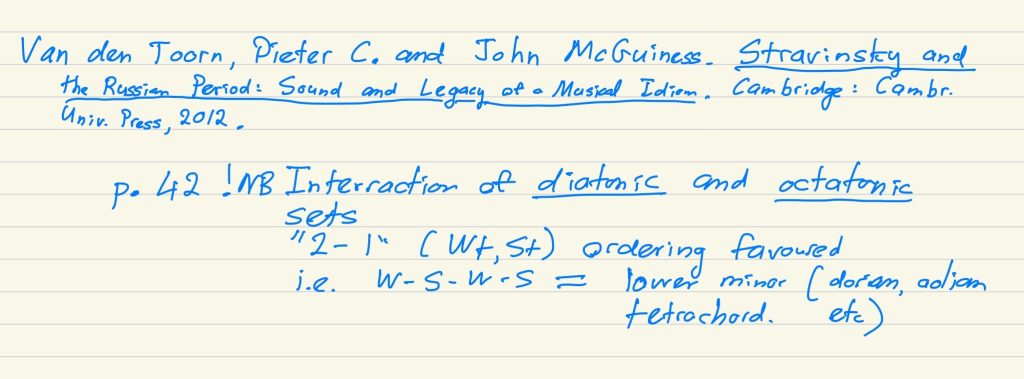21 Academic Misconduct
Academic misconduct occurs when a student cheats, plagarises or colludes in the course of their studies. The University takes seriously any allegations of academic misconduct.
UQ students are expected to complete Academic Integrity Modules (AIM) (UQ students & staff). The modules will help you learn what academic integrity is, why it is so important, and how you can apply it in your learning. Completing these modules will help you develop your ethical decision-making skills and give you confidence to act with integrity in your studies.
Plagiarism
The University of Queensland takes plagiarism very seriously and it is a disciplinary offence. Plagiarism is defined by the University as:
“the act of misrepresenting as one’s own original work the ideas, interpretations, words or creative works of another either intentionally or unintentionally”.[1]
Plagiarism can be unintentional. It often occurs when you do not properly acknowledge the ideas or words of others that you used. You can avoid plagiarism by:
Accurate Note-taking
As you are taking notes, ensure that you include the source citation. This will allow you to reference the idea correctly at a later date when you are writing your assignment. In your notes include all the bibliographical information needed for a proper reference, and also make note of the page number(s) that are relevant to your quotation, paraphrase or information:

Direct Quotations
If you wish to use the exact form of an author’s words, use double quotation marks to indicate it is a direct quote and make sure you reference the source citation.
Paraphrasing and Summarising
You can paraphrase someone else’s text by rewriting it in your own words, or just summarise their key points. Usually, it is more useful to summarise rather than simply rewrite a passage. For all cases, you must correctly attribute and reference the original source citation. Also, consider which is more likely to be useful in a critical essay, especially when you need to be concise.
In the examples below we have shown:
- a quotation of an author’s exact words
- a paraphrase of the original passage
- a summary of the original passage.
Quotation of original text
Paraphrase of the text quoted above
Summary of the text quoted above
In the final example, because the original author’s name is stated clearly in the text, it does not need to be repeated in the citation. It is often good practice to identify the originators of ideas you include in this way.
Collusion
Collusion is defined by the University as:
“where a piece of work prepared by working closely with one or more individuals or in a group is represented as if it were the student’s own work”.[2]
Working together with others on individual assessment pieces can be a form of collusion. If you are in any doubt about working with others on your assignment, check with your lecturer first.
- University of Queensland Policy and Procedures Library https://ppl.app.uq.edu.au/content/3.60.01-student-code-conduct ↵
- University of Queensland Policy and Procedures Library https://ppl.app.uq.edu.au/content/3.60.01-student-code-conduct ↵

